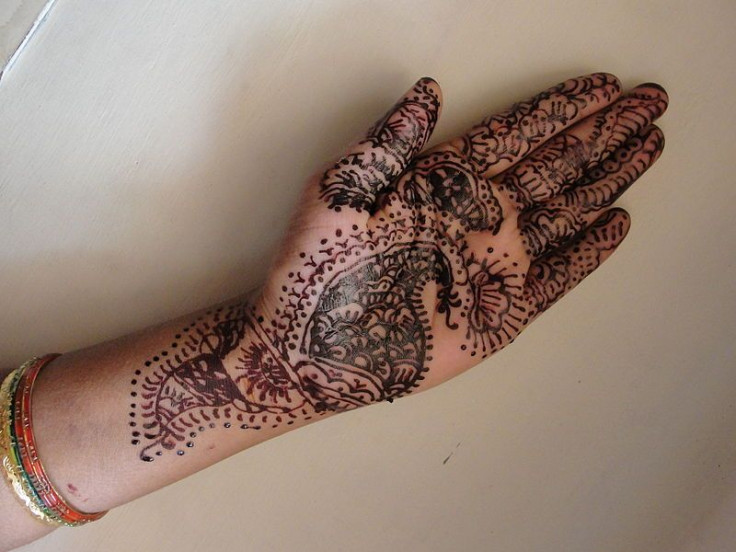Temporary Tattoos, Permanent Damage: FDA Warns Spring Breakers About Henna

The recent release of "Spring Breakers" doesn't hide the fact that many take risks and possibly break a number of rules during the popular vacation period. As the season offers a variety of activities, temporary tattoos are yet again appearing on the FDA's radar after a number of consumers reported severe allergic reactions.
The U.S. Food and Drug Administration warned that applying certain tattoos called "henna" could put both fun and health at risk. Last month, regulators have detained the import of certain henna powders for skin use.
"Just because a tattoo is temporary it doesn't mean that it is risk free," says Linda Katz, director of FDA's Office of Cosmetics and Colors.
In one encounter, a 5-year-old girl reportedly developed extreme reddening on the forearm two weeks after applying "black henna," which includes additional coloring compared to the traditional henna marketed for hair dye. Black henna includes ingredients such as the phenylenediamine, or PPD, which is contained in coal-tar hair dye and is the main cause of hazardous skin reactions like blistering and dark pigmentation in some people.
The FDA regulates color additives in temporary tattoos, such as those using a moistened wad of cloth and normally fade after a few days. Henna coloring made from plants are approved by the FDA for hair dyes only, but not for skin use as in the traditional decorative practice called mehndi. Mehndi surfaced more than 5,000 years ago as an age-old ritual in parts of Asia and Africa.
"What we thought would be a little harmless fun ended up becoming more like a nightmare for us," the father of the girl told the FDA. "My hope is that by telling people about our experience, I can help prevent this from happening to some other unsuspecting kids and parents."
Even teens were reporting incidents of reddening skin and other reactions.
"At first I was a little upset she got the tattoo without telling me," said the mother of a 17-year-old girl. "But when it became red and itchy and later began to blister and the blisters filled with fluid, I was beside myself."
Another teenager's reaction was worse, the doctor told her mother she will have permanent scarring after the black henna left her skin blistered and raw-like a burn victim's.
Victims could see the signs possibly two to three weeks after application or immediately and may seek medical care at hospital emergency rooms.
However, in proper cases henna plants do come with health benefits such as muscle pain reliever; even the henna oil is used to treat leprosy and skin disorders.



























